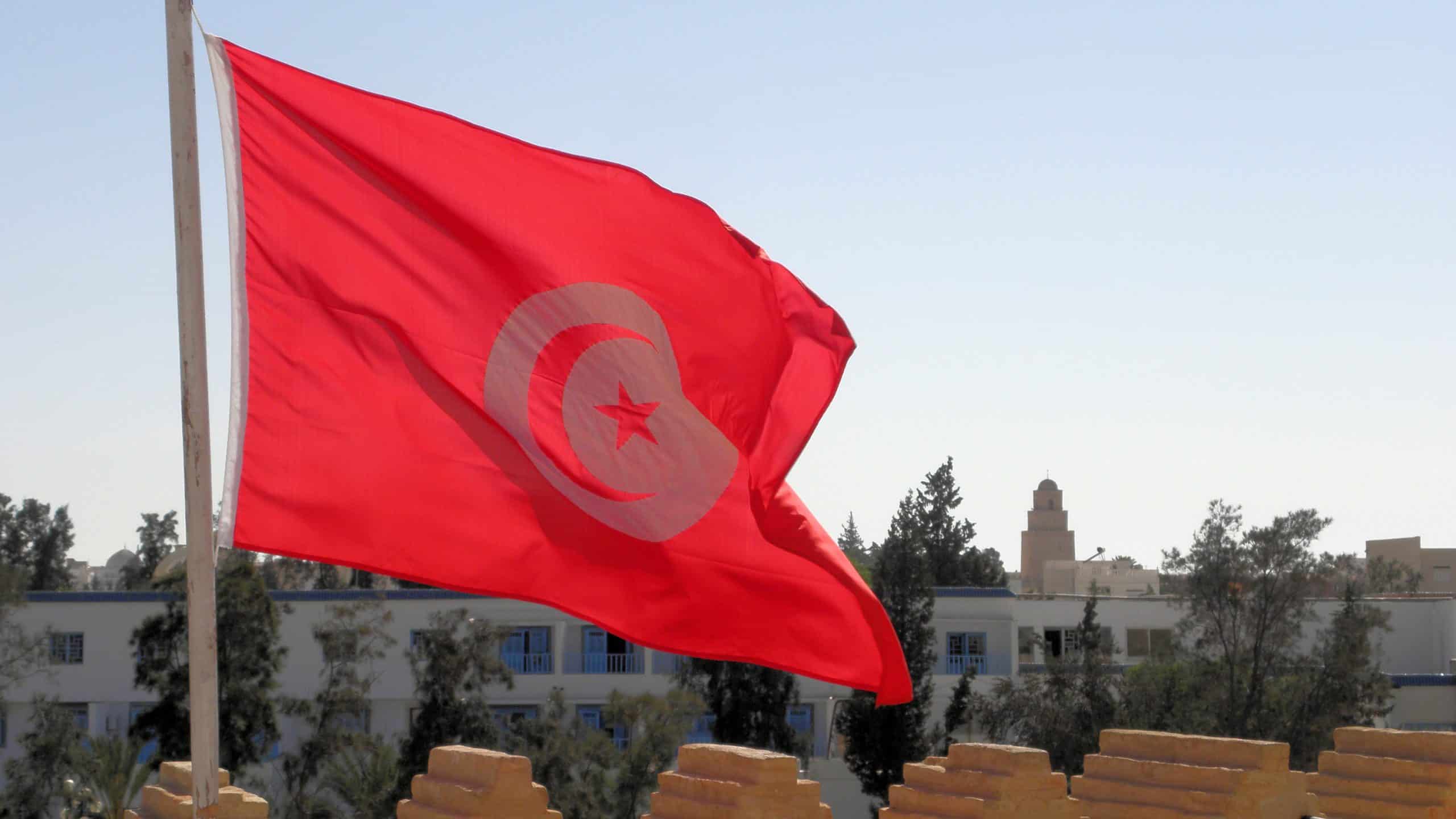In a new chapter in Tunisia’s political crisis, president Saied has dissolved the Supreme Judicial Council (CSM). The CSM rejected the president’s decision, stating that it would continue its work. Later on Feb. 7, employees of the CSM were obstructed by Tunisian police to enter the CSM office, who subsequently locked its doors. It is a new controversial move by Saied, six months after he suspended parliament and decided to govern by decree until new elections would take place.
The CSM was installed in 2016, and oversees the independence of Tunisia’s judicial system. Saied accuses the council of corruption, noting it ‘‘sells positions, appointments according to affiliations’’ and that ‘’you cannot imagine the money that certain judges have been able to receive, billions and billions’’. He especially noted the investigation into the assassinations of left-wing opposition figures Chokri Belaid and Mohamed Brahmi in 2013, claiming the CSM delayed jurisdiction in the Belaid case.
The legacy of the Arab Spring
Tunisia, the birthplace of the Arab Spring, long remained the only country to establish democratic institutions post-2011. However, after the 2019 election of Saied it seems to slowly slide back into authoritarianism. Saied was initially welcomed, as many Tunisians describe the current political system as corrupt and ineffective. Tunisia’s economy is failing, and the post-2011 political order has not been able to bring economic progress to the country. The situation especially deteriorated since the coronavirus pandemic commenced. In the capital Tunis, unemployment is around 18%, and up to 30% in southern regions of the country. Under Saied, state finances declined and foreign investments have stalled, despite his promises that he would improve the economic situation.
Recently, various civil society organizations united and public opinion seems to turn against Saied. In recent months, protests against the president’s power grab became more frequent. A violent crackdown on protests on Jan. 14, leaving the 57-year old protester Rhida Bouziane dead, has only increased the social unrest surrounding Saied’s policies. Oussama Khlifi, a MP for Qalb Tounes warns that ‘the pandemic, economic woes and state repression could cause a ‘social explosion’. Oppositional parties and civil society organizations now work together to mobilize a united political front against Saied under ‘Citizens against the Coup’.
An online consultation process
Meanwhile, an online consultation process is ongoing in which Tunisians can participate in political reform. From Jan. 15 until March, Tunisians can voice their opinion on six topics. Saied has hailed it as a success, and 100,000 allegedly joined. It leads up to a constitutional referendum, which is to be held in July 2022. However, the consultation process seems problematic, as one-third of Tunisians have no internet access. Furthermore, it is marred in privacy issues. Lastly, Saied has the final say in the constitution, as he appoints the commission responsible in drafting it.
US and EU respond
The international response to Tunisia’s slide into authoritarianism has been tepid. In a December statement on Saied’s constitutional roadmap, the US ‘‘looks forward to a reform process that is transparent and inclusive of diverse political and civil society voices.’’ The EU expressed its disagreement with current events, but seem reluctant to impose further measures onto the Saied administration. Tunisia remains a key partner to EU migration policy – and is currently paid hundreds of millions to stop migrants before leaving its shores. For now, its stability seems to be the first priority. Thus, unless this changes, Tunisia is on its own to save the democratic progress from its 2011 ‘Jasmine revolution’.
Sources:
DW France24 EURactiv Carnegie Endowment I Carnegie Endowment II International Crisis Group Africa News
Photo: Flickr

